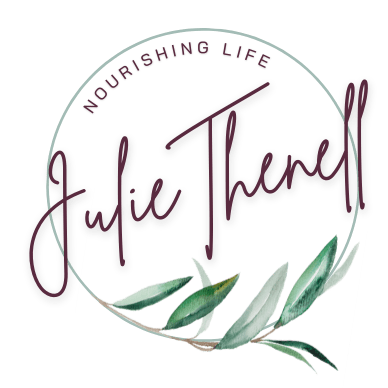Sugar. It’s a topic of heated discussions.
Some hold fast to the belief that sugar is sugar, whether processed maltodextrin or dried dates. Others profess sugar’s harms regardless of the form it takes, which is found in so many food products on grocery store shelves.
We’re human, and we’re drawn to the allure of sugar. We use it to celebrate, to comfort, to show love, and to provide energy. It’s in breakfast cereal, yogurt, canned soup, snacks, beverages, condiments, “healthy” energy bars, sandwich meat…even in foods that don’t particularly taste sweet.
No doubt you’ve read or heard reports of the growing rates of obesity, heart disease, depression, hypertension, diabetes, autoimmune disease, and Alzheimer’s in this country. Maybe you have first-hand experience with one of these conditions…a friend, a family member, or your own challenge. Whether directly linked to sugar consumption or not, there is solid scientific evidence that high sugar intake contributes to these disorders.
Regardless of which side of the sugary fence you’re on, the real issue may be less about the sweet stuff itself and more about our overuse and overconsumption. The body can only process so much before its ability to remain loyal to you, its caretaker, and compensate on your behalf runs amok.
To hear three very good perspectives about sugar’s pros, cons, and uses in our society, listen to The Sugar Story: A Spoonful of Addiction Makes the Profits Go Up, a recent 1A episode on NPR.
Industry experts Gary Taubes, author of The Case Against Sugar; Michael Moss, author of Salt Sugar Fat; and Courtney Gaine, president and CEO of The Sugar Association, share their reasoned and respected perspectives.
But Spoiler Alert! They had me until one of the panelists said he/she (I won’t give THAT much away) believes artificial sweeteners are likely safer than sugar. I DO NOT agree and will save the topic of artificial sweeteners for another post! Despite that skewed remark, this NPR 1A podcast is worth a listen.
In the meantime, if you’re looking for ways to reduce sugar that don’t rely on sheer willpower, let’s get in touch. I would be pleased to help you navigate that sweet, slippery slope.
Here’s to your health and vitality!






